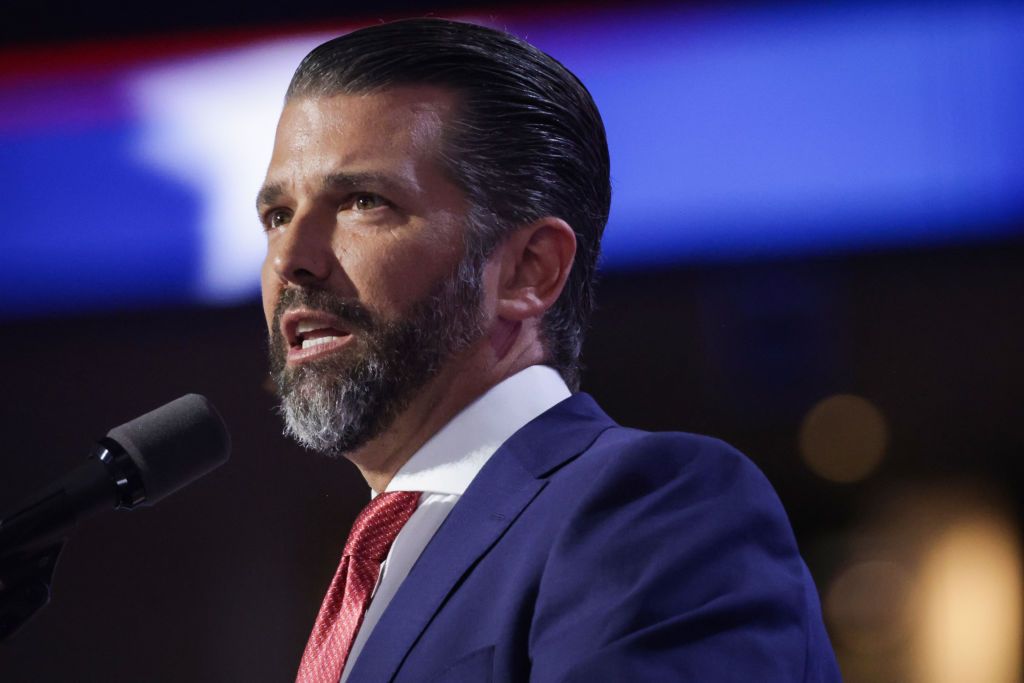
Key Insights:
- Polymarket is facing global regulatory scrutiny, being classified as a gambling platform.
- Kalshi has recently appointed Donald Trump Jr. as an advisor.
- Sports prediction markets may draw increased attention from regulators and competitors.
Prediction market platforms such as Polymarket and Kalshi invest substantial resources to demonstrate to regulators that their operations do not constitute gambling.
Internationally, regulators perceive prediction markets as equivalent to gambling. Countries like Taiwan, France, and Singapore have undertaken measures to restrict access to Polymarket, labeling it an unlicensed gambling operation.
Prediction markets serve as investment tools where individuals place bets on certain outcomes, trading share prices based on their predictions. Following an event, shares are valued at either $1 if the predicted outcome occurs or $0 if it does not.
In the U.S., these markets are not classified as gambling, as they function as forecasting tools based on probabilities rather than games of chance. This results in a lack of odds set by a ‘house’, thus leveling the playing field among participants.
The Commodities Futures Trading Commission (CFTC) believes its mandate includes the oversight of prediction markets, interpreting them as a collective of event contracts similar to weather derivatives. This approach allows agricultural professionals to mitigate risks by buying contracts that provide payouts in extreme weather conditions.
Polymarket and Kalshi have encountered regulatory challenges overseen by the CFTC. While Polymarket opted for a settlement, Kalshi triumphantly secured permission to offer contracts based on electoral outcomes. As a result, Kalshi’s collaboration with Donald Trump Jr. as an advisor bolsters its case with regulators.
Election-focused contracts garnered considerable attention during the 2024 election cycle. Analysts suggest that the trends observed during the electoral period serve as effective financial instruments for traders to prepare for prospective market shifts.
With Bitcoin traditionally experiencing a price surge following Trump’s election campaigns, traders are likely to reassess their exposure based on the outcomes of electoral races.
Contrary to predictions of Polymarket’s decline post-election, the platform maintained robust activity levels, achieving a remarkable $1.6 billion in monthly trading volume.
While much of that activity originates from sports-themed contracts, figures indicate substantial volume related to the outcomes of the NFL Super Bowl, Champion’s League, and the NBA Finals.
The stakes involved in sports outcomes lack overarching significance compared to major political events or corporate decisions, making them more akin to online betting—a practice that has its own regulatory hurdles.
As jurisdictions like Singapore allow licensed sportsbooks for sports betting, the case for banning unlicensed markets becomes apparent. Future attention from U.S. gaming regulators could emerge, inspired by established sports gaming entities that previously operated in a prohibited environment.
Despite the stringent regulations, there is a niche for sports-related prediction markets. Various media companies standing to gain from NFL broadcasting rights illustrate the practical applications of such prediction contracts.
In essence, a strategic relocation to jurisdictions that embrace both political and sports betting—such as Ontario—might be a worthwhile consideration for platforms like Polymarket.





